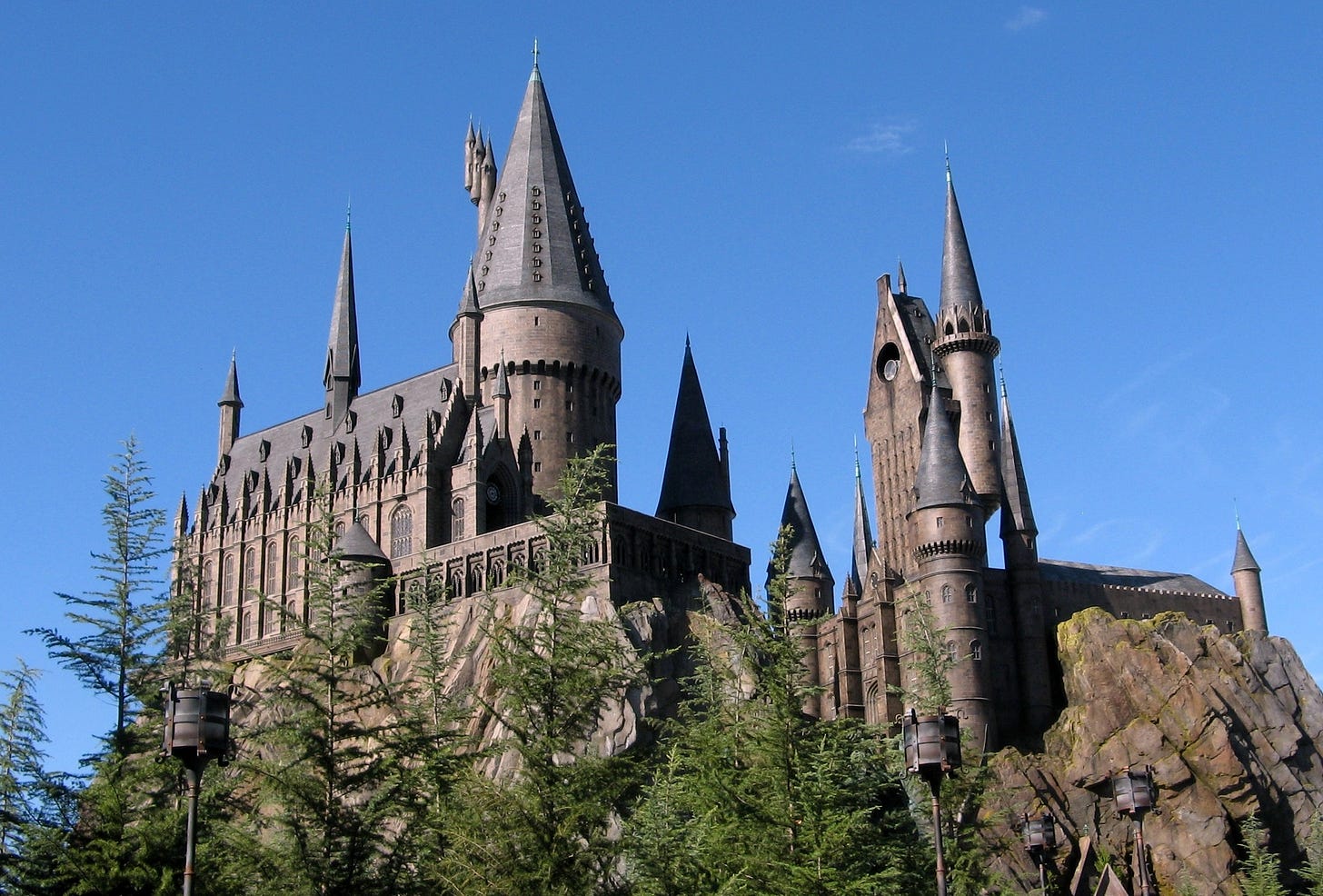Disclaimer: Two Sides to Every Coin presents two perspectives on historical and cultural events: a rational, historian-journalist view grounded in documented facts, and a conspiracy view exploring esoteric theories (loosh, trinity: Anunnaki-Jesuit-Masonic). The conspiracy perspective is speculative, intended for entertainment and thought-provoking discussion, and does not reflect verified historical truth. Readers are encouraged to research and form their own conclusions.
By A Goofy Scribe
Published 16th July 2025 10:00 hrs BST
Walt Disney's Vision & Founding
The Walt Disney Company, a cornerstone of global entertainment, began with Walter Elias Disney's visionary drive. Born in 1901 in Chicago, Illinois, Walt started his career in animation at the Kansas City Film Ad Company in 1920, creating short films. In 1922, he and Ub Iwerks founded Laugh-O-Gram Studio, producing fairy-tale cartoons, but bankruptcy struck in 1923. Undeterred, Walt and brother Roy established Disney Brothers Cartoon Studio in Hollywood on October 16, 1923, marking the company's official start with a contract for the "Alice Comedies" series, blending live-action and animation. "Steamboat Willie" (1928) introduced Mickey Mouse with synchronized sound, earning an instant hit and an Academy Award nod, symbolizing resilience during the Great Depression.
Walt's emphasis on storytelling and innovation led to "Silly Symphonies" (1929-1939), with "Flowers and Trees" (1932) as the first color cartoon to win an Oscar. "Snow White and the Seven Dwarfs" (1937), the first full-length animated feature, grossed $8 million despite doubts, funding future projects like "Pinocchio" (1940) and "Fantasia" (1940), showcasing multiplane camera techniques for depth.
Animation Innovations & Empire Growth
Disney pioneered technicolor and sound synchronization in the 1930s, setting industry standards. Wartime efforts included propaganda shorts, followed by post-war classics like "Cinderella" (1950). Television arrived with the "Disneyland" series (1954), promoting the park. Disneyland opened in 1955, the first theme park blending rides and themed lands.
After Walt's 1966 death, Roy led growth, opening Disney World (1971). The 1980s-1990s renaissance included "The Little Mermaid" (1989) and "The Lion King" (1994). Acquisitions like Pixar (2006, $7.4 billion), Marvel (2009, $4 billion), Lucasfilm (2012, $4 billion), and 21st Century Fox (2019, $71 billion) diversified into superheroes and Star Wars. Disney+ launched in 2019, reaching 153 million subscribers by 2025, with revenue at $88.9 billion in 2023.
Harry Potter Licensing/Theme Park Ties
Disney has indirect Harry Potter ties: ABC (Disney-owned) aired films, but Warner Bros. holds rights from J.K. Rowling's series (1997-2007). Symbolism—wands as power, houses as archetypes, Philosopher's Stone alchemy—draws from folklore, mythology, and Rowling's influences like C.S. Lewis and Jane Austen, emphasizing moral themes of good vs. evil and prejudice.Rowling cited classics like "The Tale of the Three Brothers" from Beedle the Bard as inspired by Chaucer's "Pardoner's Tale." Theme parks: Universal's Wizarding World (2010 Orlando) rivals Disney, with immersive symbolism in Diagon Alley. Disney responded with Star Wars: Galaxy's Edge (2019).

Philanthropy & Family Entertainment
Disney's philanthropy centers on children: The Disney Conservation Fund (1995) donated $120 million+ for wildlife. Make-A-Wish partnerships since 1980 granted 165,000+ wishes, often park visits, making Disney the top wisher. VoluntEARS (1983) logged 13 million volunteer hours, supporting hospitals and wishes. Family entertainment core: Films promote courage ("The Lion King") and diversity ("Encanto"), parks as immersive joy hubs.
Controversies (Labor, IP, "Woke" Backlash)
Disney's controversies include the 1941 animators' strike over wages, resolved but tarnishing Walt. IP aggression: The 1998 Copyright Term Extension Act ("Mickey Mouse Protection Act") delayed public domain. "Woke" backlash: 2022 opposition to Florida's "Don't Say Gay" bill led to DeSantis revoking Reedy Creek status, settled 2024. Rowling's trans views (2020 tweets) impacted Potter—boycotts, cast distancing (Radcliffe), sales dips but rebounds with 2023 game.
Cultural Legacy in 2025 (Post-Pandemic Resurgence, AI/Streaming)
Disney's legacy: Mickey as ambassador, films $100 billion+ gross. Post-pandemic, parks hit 141 million visitors (2023), Disney+ 150 million subs. 2025 AI innovations: Generative tools for stories, amid SAG concerns. Potter reboot on Max faithful to symbolism (moral archetypes from folklore). Epstein files named execs (travel, no charges), Musk's "woke" critiques persist. Disney symbolizes imagination, evolving with AI/streaming.

The Rational Take: Disney's Magical Empire – Innovation, Entertainment, and Cultural Legacy
Copyright: © Steven & Chasing Tartaria 2025. All rights reserved. This article is part of the Two Sides to Every Coin series on Substack. Images and historical data are sourced from public domain archives (e.g., Wikimedia Commons, British Newspaper Archive) or credited where applicable. Reproduction or distribution without permission is prohibited. © The Loosh Arcs and associated concepts are the intellectual property of the author.



